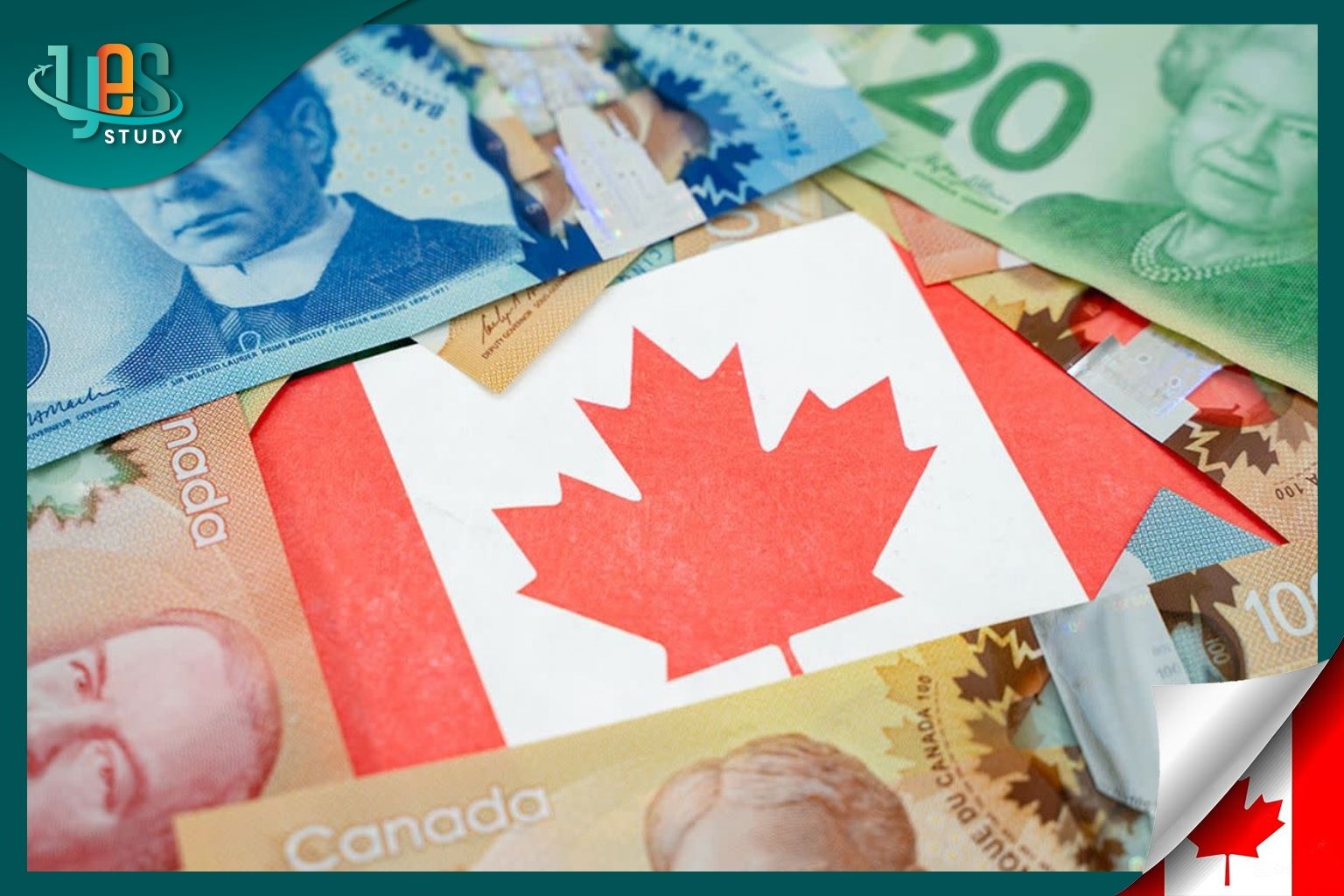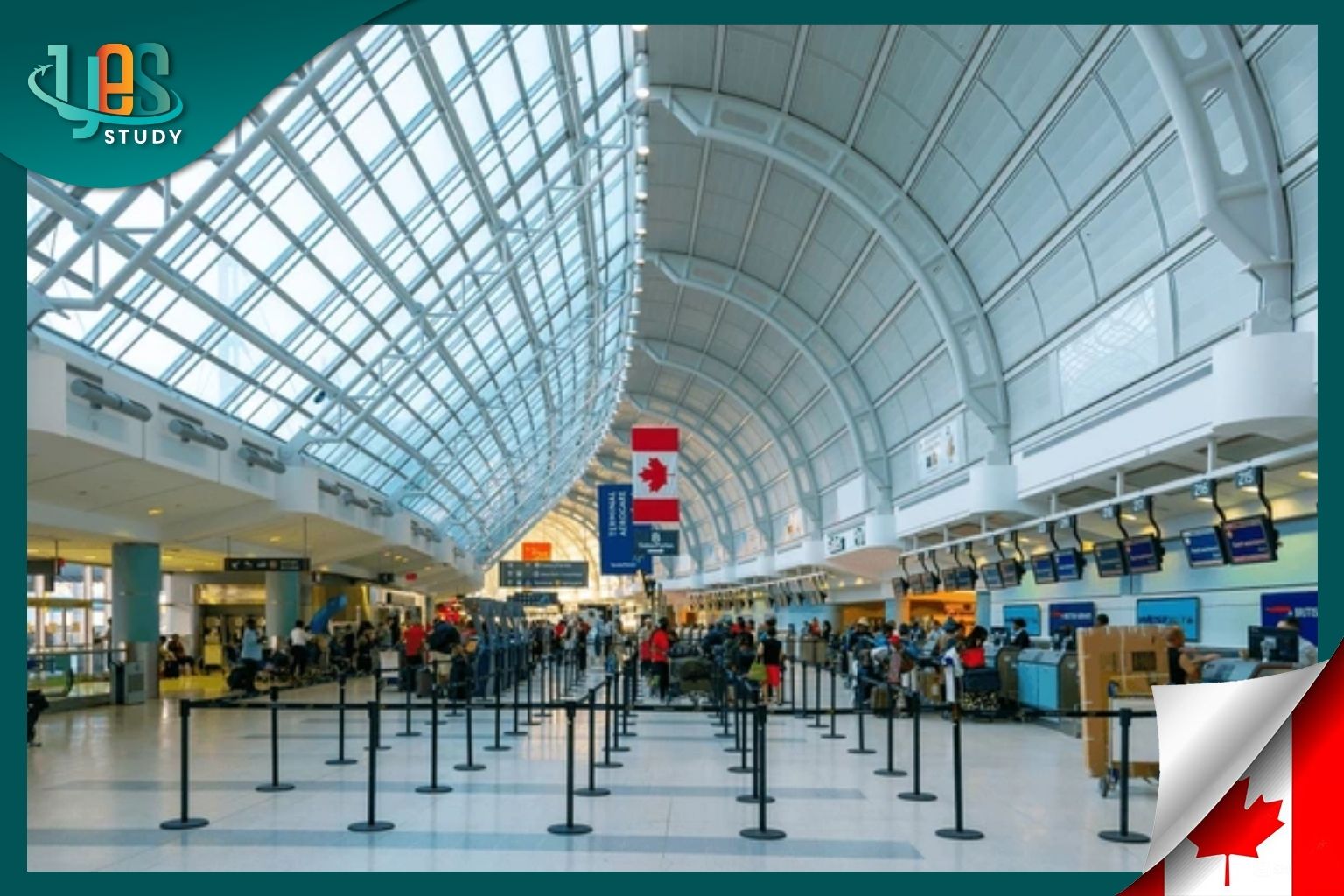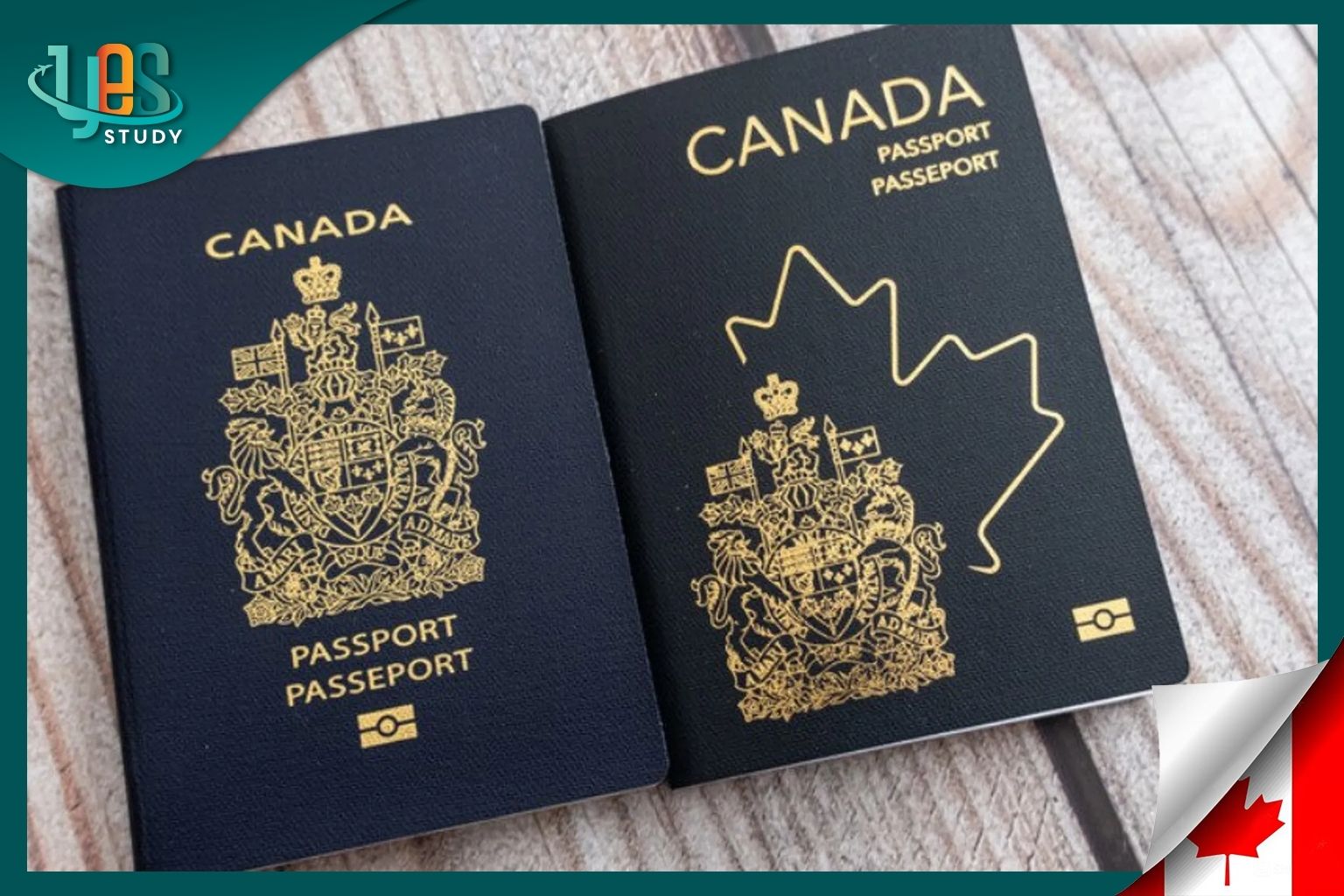Canada Immigration 2026: Requirements and Visa Procedures
The dream of Canada immigration for a high-quality life often comes with the complexity of dozens of different programs and conditions. Don’t worry, Yes Study is here to provide the most comprehensive guide to the main immigration streams in Canada, along with all the necessary requirements and costs, to help you create a clear plan to start your journey.
Overview of Canadian Immigration Pathways
Why Choose to Immigrate to Canada?
Canada is known as a country with a high quality of life. According to the Human Development Index Report, the nation ranks among the top countries globally.
The crime rate here is among the lowest in the world. Regarding the labor market, the unemployment rate is relatively low compared to other developed nations. The average monthly salary provides a stable life for immigrants. Furthermore, Canada welcomes hundreds of thousands of new immigrants each year, with many supportive policies like Express Entry and family sponsorship.
In terms of healthcare and education, the country invests significantly to ensure services are free or low-cost, creating an education system ranked among the best in the world by the OECD.
Benefits of Immigrating to Canada
When you immigrate to Canada and become a permanent resident, you are entitled to many significant benefits, including:
- The freedom to live, work, and study in any province or territory across Canada without needing a separate work permit.
- Access to the comprehensive and free universal healthcare system under the national health insurance program, which covers doctor visits, basic treatments, and other medical services.
- Children of permanent residents receive free education from elementary to secondary school. Additionally, university tuition fees for permanent resident students are significantly lower than for international students.
- The right to sponsor close family members, such as a spouse/partner and dependent children, to join you in Canada.
- Eligibility for social welfare programs like unemployment benefits and retirement pensions after meeting the required work and tax contribution conditions.
- Permanent residents benefit from a preferential tax system with lower rates based on income, providing better financial support and increasing disposable income.
- The right to apply for Canadian citizenship after residing in Canada for at least 3 years (1,095 days) within the 5 years preceding the application.
- The freedom to enter and exit Canada without needing a visa each time, offering convenience for work and family travel.
However, permanent residents must meet a residency obligation—being physically present in Canada for at least 730 days (2 years) out of every 5-year period—to maintain their status. They must also fulfill legal obligations such as paying taxes and obeying all Canadian laws.
Popular Canadian Immigration Pathways Today
Here is a breakdown of the most common immigration streams available.
| Immigration Pathway | Description |
|---|---|
| Skilled Worker | This is a points-based immigration route (using the CRS) for individuals with the right skills, work experience, and language proficiency. Programs include Express Entry (Federal Skilled Worker, Canadian Experience Class) and the Provincial Nominee Program (PNP). |
| Study Pathway | A popular route for international students who come to Canada to study, then gain work experience to qualify for permanent residence. Key components include the Study Permit, the Post-Graduation Work Permit (PGWP), and PR programs like the Canadian Experience Class and specific PNP streams for international graduates. |
| Provincial Nominee Program (PNP) | This program allows provinces and territories to nominate candidates who meet their specific economic and labour market needs. Each province has its own criteria, commonly targeting skilled workers, entrepreneurs, and graduates from that province. It’s a flexible program designed to address regional needs. See more: Provincial Nominee Program (PNP). |
| Business & Investor | Designed for investors and entrepreneurs with the financial capacity to establish or invest in a business in Canada. Key programs include the Start-up Visa and the Self-Employed Program, offering PR opportunities through investment and business innovation. |
| Caregiver Program | This stream is for individuals who work in Canada providing care for children, the elderly, or those with medical needs. After gaining sufficient work experience with a valid work permit, they can apply for permanent residence. |
| Family Sponsorship | A humanitarian program allowing Canadian citizens or permanent residents to sponsor close relatives for permanent residence. Eligible relatives include a spouse, common-law partner, dependent children, parents, and grandparents. This includes programs like the Parents and Grandparents Program (PGP), which often uses a lottery system. The sponsor must demonstrate financial capability to support the sponsored relatives. See more: Sponsoring Parents to Canada: Conditions & Procedures 2025. |
Requirements for Immigrating to Canada
Below are the specific conditions for the most popular Canadian immigration streams:
| Immigration Pathway | Specific Conditions |
|---|---|
| Skilled Worker |
|
| Study Pathway |
|
| Provincial Nominee Program (PNP) |
|
| Business & Investor |
|
| Caregiver Program |
|
| Family Sponsorship |
|
Meeting these conditions is a crucial first step in preparing a complete application and increasing your chances of success.
Application Documents for Canadian Immigration Visas
The documents and procedures for applying for a Canadian immigration visa vary by stream:
| Immigration Pathway | Required Documents & Procedures |
|---|---|
| Skilled Worker |
|
| Study Pathway |
|
| Provincial Nominee Program (PNP) |
|
| Business & Investor |
|
| Caregiver Program |
|
| Family Sponsorship |
|
Note: Preparing a complete and accurate application package will increase your chances of approval and shorten the processing time.
Costs of Immigrating to Canada
The main government processing fees for each applicant include:
- Application Processing Fee: approximately $950 CAD
- Right of Permanent Residence Fee: $575 CAD
- Biometrics Fee: $85 CAD
Additionally, the immigration medical exam costs between $250 CAD and $500 CAD. In total, the main fees are approximately $1,860 CAD per person.
For proof of funds (settlement funds), applicants must show they have enough money in their bank account to cover living expenses upon arrival. For a single person, this amount is approximately $14,690 CAD and increases with each additional family member.
Costs by Stream:
- Skilled Worker: $2,300 to $3,200 CAD, including application fees, language tests, ECA, and medical exams.
- Study Pathway: More expensive, with total costs ranging from $16,000 to $27,000 CAD per year, including tuition ($15,000-$25,000), visa fees, medical exam, and student health insurance.
- Provincial Nominee Program (PNP): Similar to the Skilled Worker stream, ranging from $2,000 to $3,000 CAD, plus any provincial application fees.
- Business & Investor: Costs vary significantly. In addition to the required investment amount, fees can range from $9,100 to $16,400 CAD, plus separate legal and consulting fees.
- Caregiver Program: Costs are comparable to the Skilled Worker stream, primarily covering processing and medical fees.
- Family Sponsorship: Total costs range from $3,000 to $5,000 CAD, including sponsorship fees, the sponsored person’s application fees, right of permanent residence fee, and medical exam.
Beyond these fees, new immigrants should also budget for other expenses like airfare, insurance, and initial living costs in Canada.
Frequently Asked Questions (FAQs)
Is it difficult to immigrate to Canada?
It can be challenging, but it is entirely achievable. The deciding factor is a complete and accurate application that precisely meets the criteria of your chosen program.
Which immigration stream is the easiest?
There is no “easiest” stream, only the “most suitable” one for your profile. The Family Sponsorship stream has a clear path if you have an eligible sponsor. For young individuals, the Study Pathway is a very popular and viable route.
How long does it take to get a Canadian immigration visa?
Processing times vary greatly. It can range from a few months (for some Express Entry streams) to a couple of years (for certain sponsorship categories), depending on the program you apply under and IRCC’s current caseload.
Conclusion
The journey to immigrate to Canada requires a precise roadmap and thorough preparation. With our experience and in-depth understanding of the system, Yes Study will help you build an optimal plan to maximize your chances of success.
To ensure your journey is safe and effective, contact our experts today for a free profile assessment!

Latest news

How to Transfer Money from Vietnam to Canada: 4 Safe and Legal Methods

The Cost of Traveling to Canada: A Detailed Budget Guide

Flying to Canada: Where Are the Layover Stops?

The Canadian Passport

What is NOC Canada? A Guide to Canada’s Immigration Occupation List
